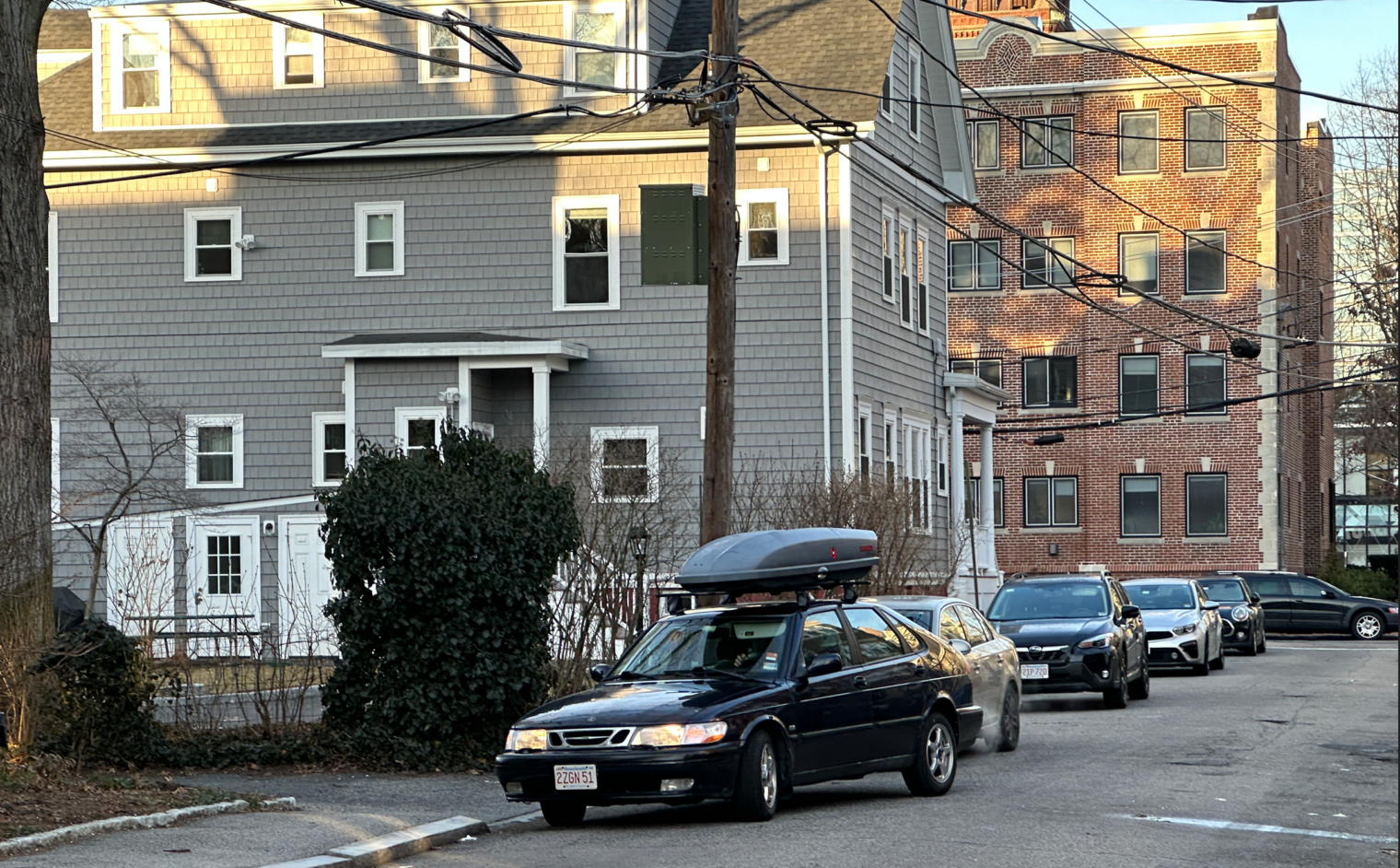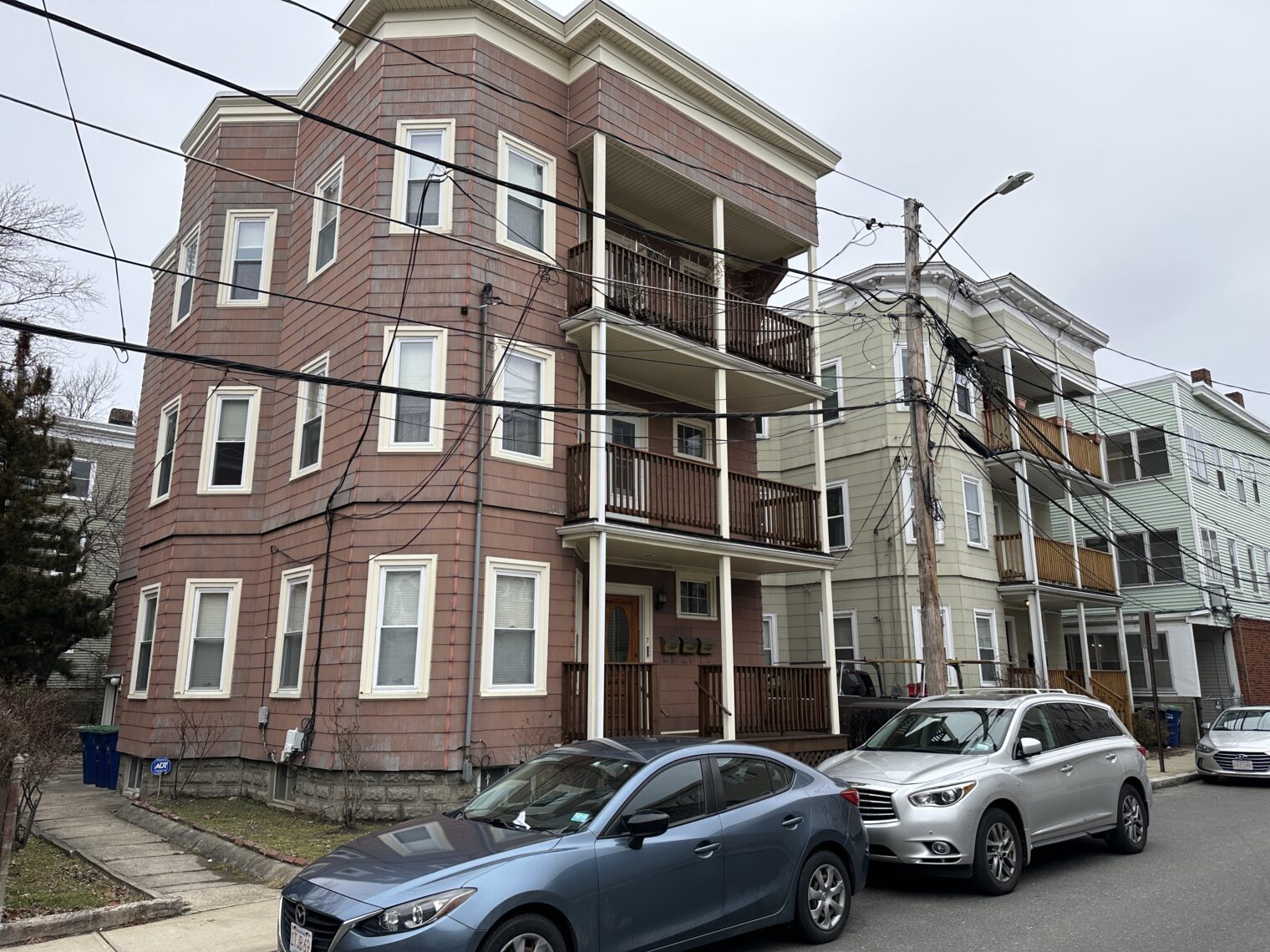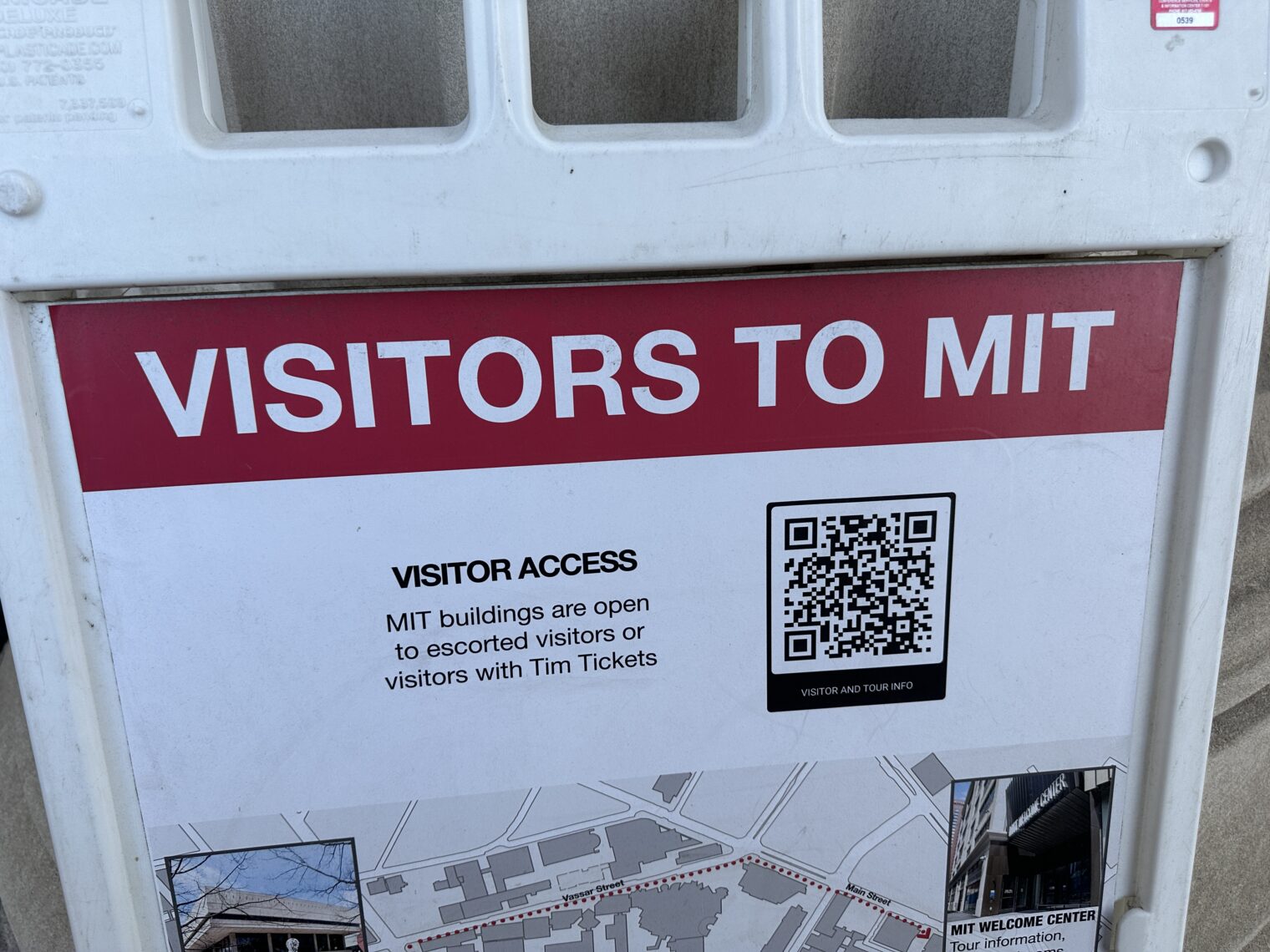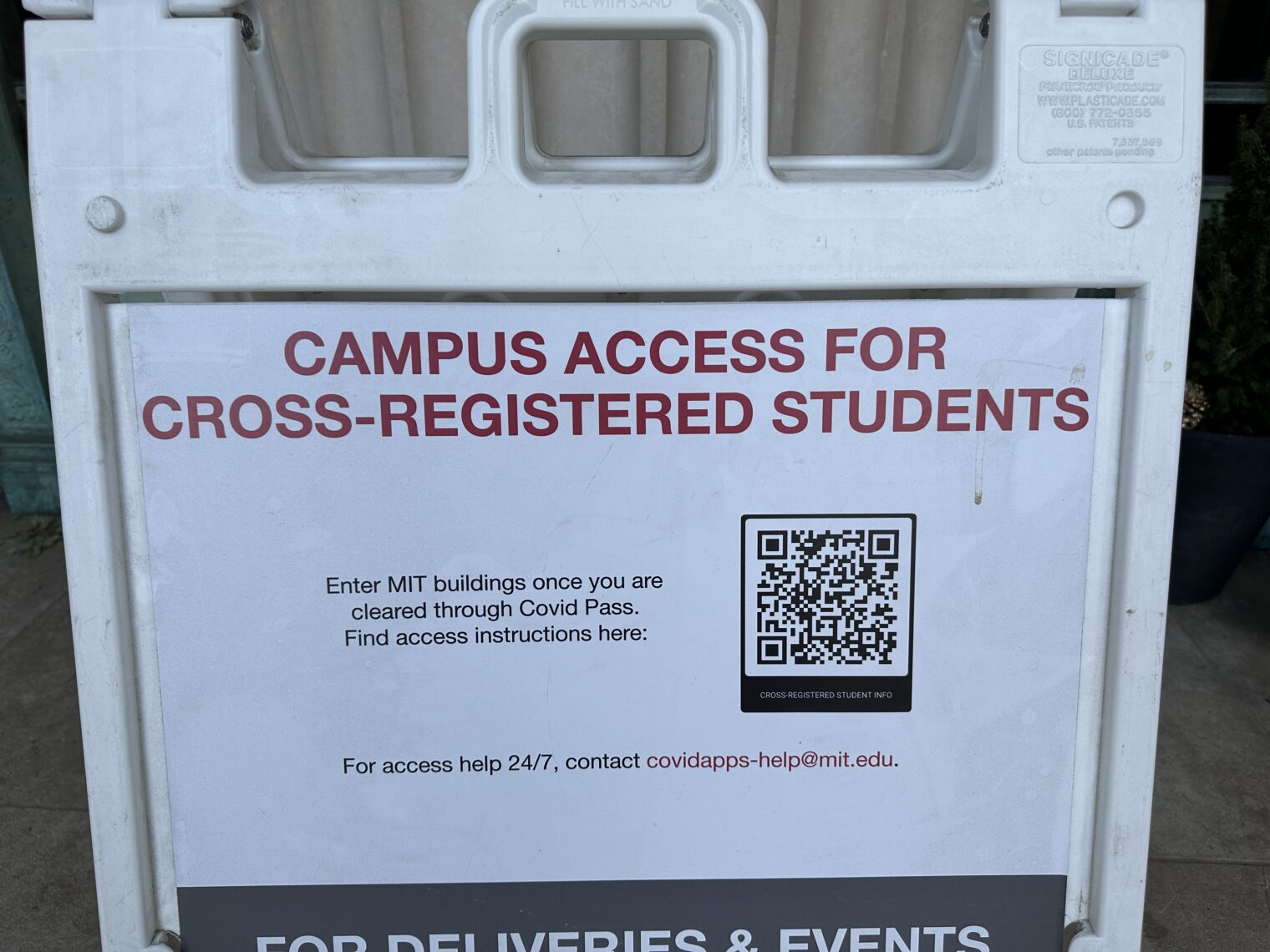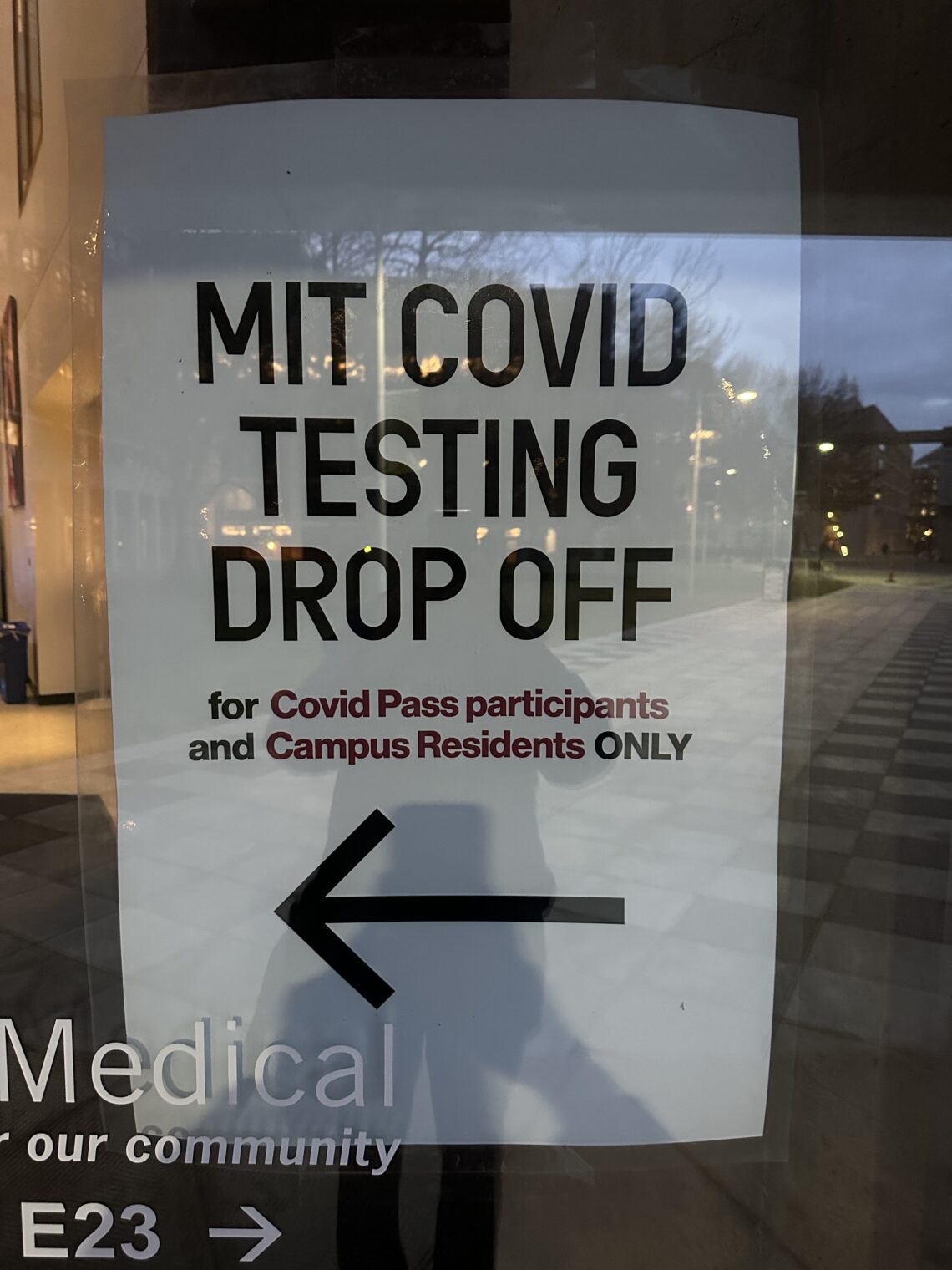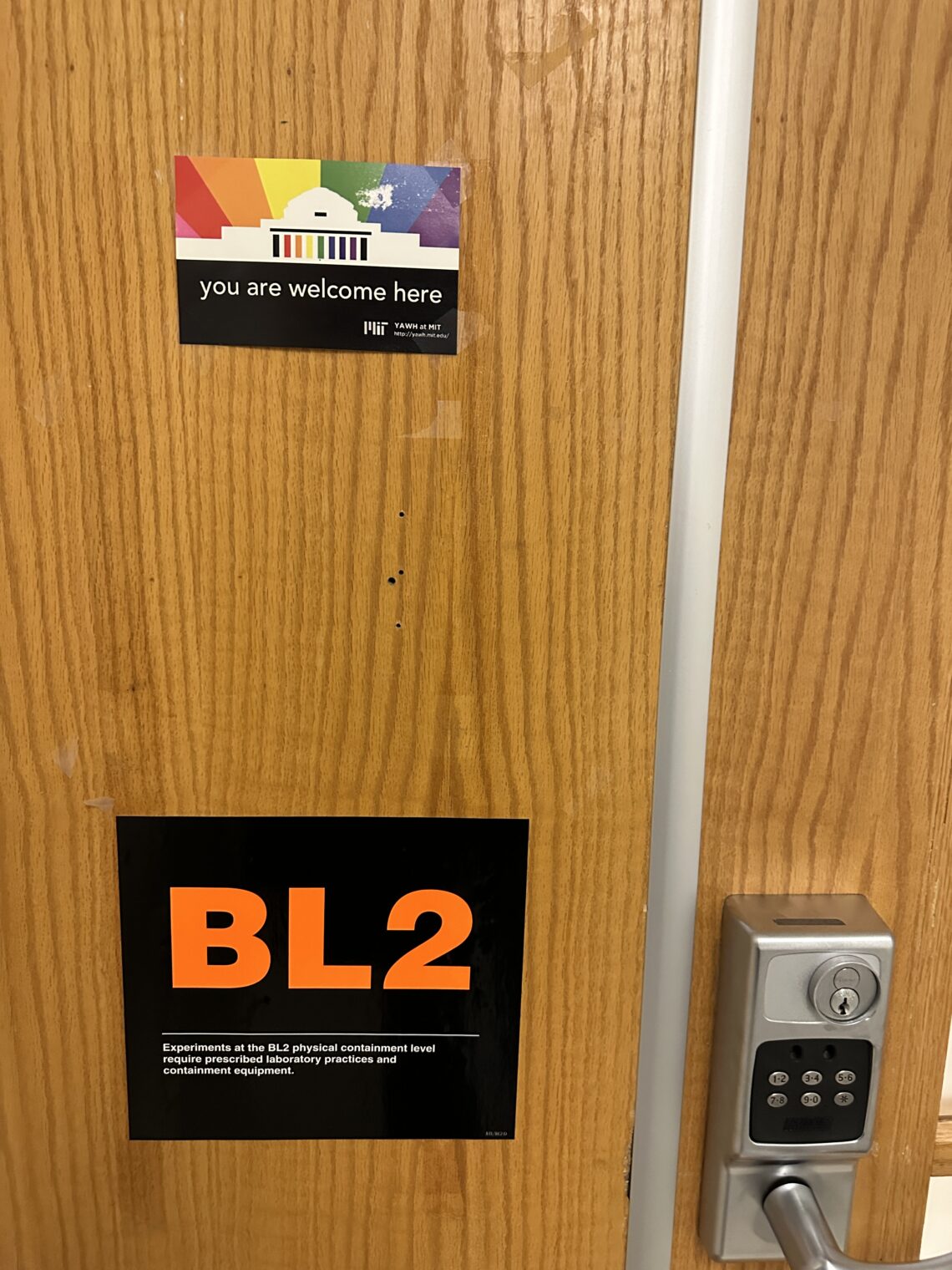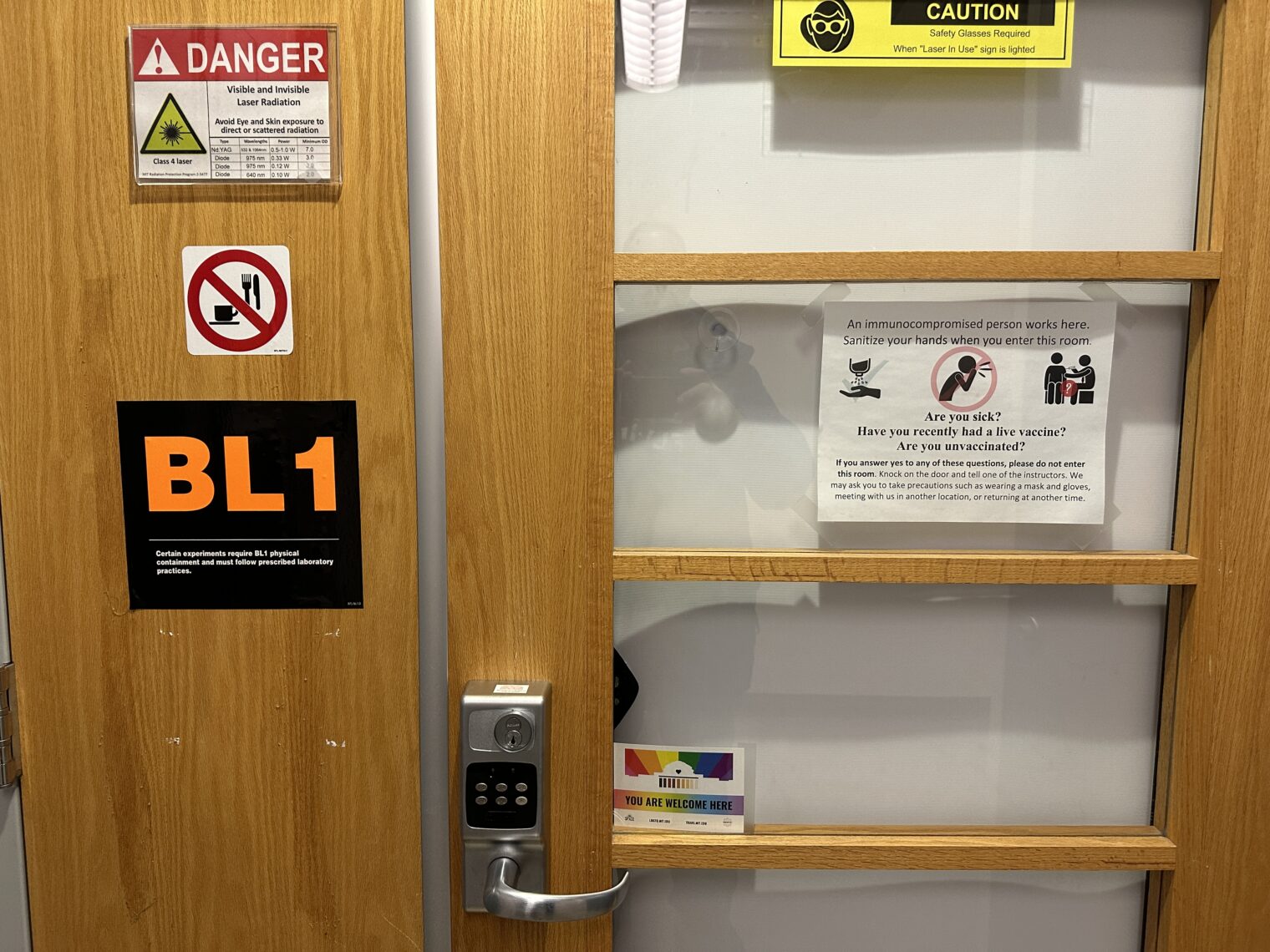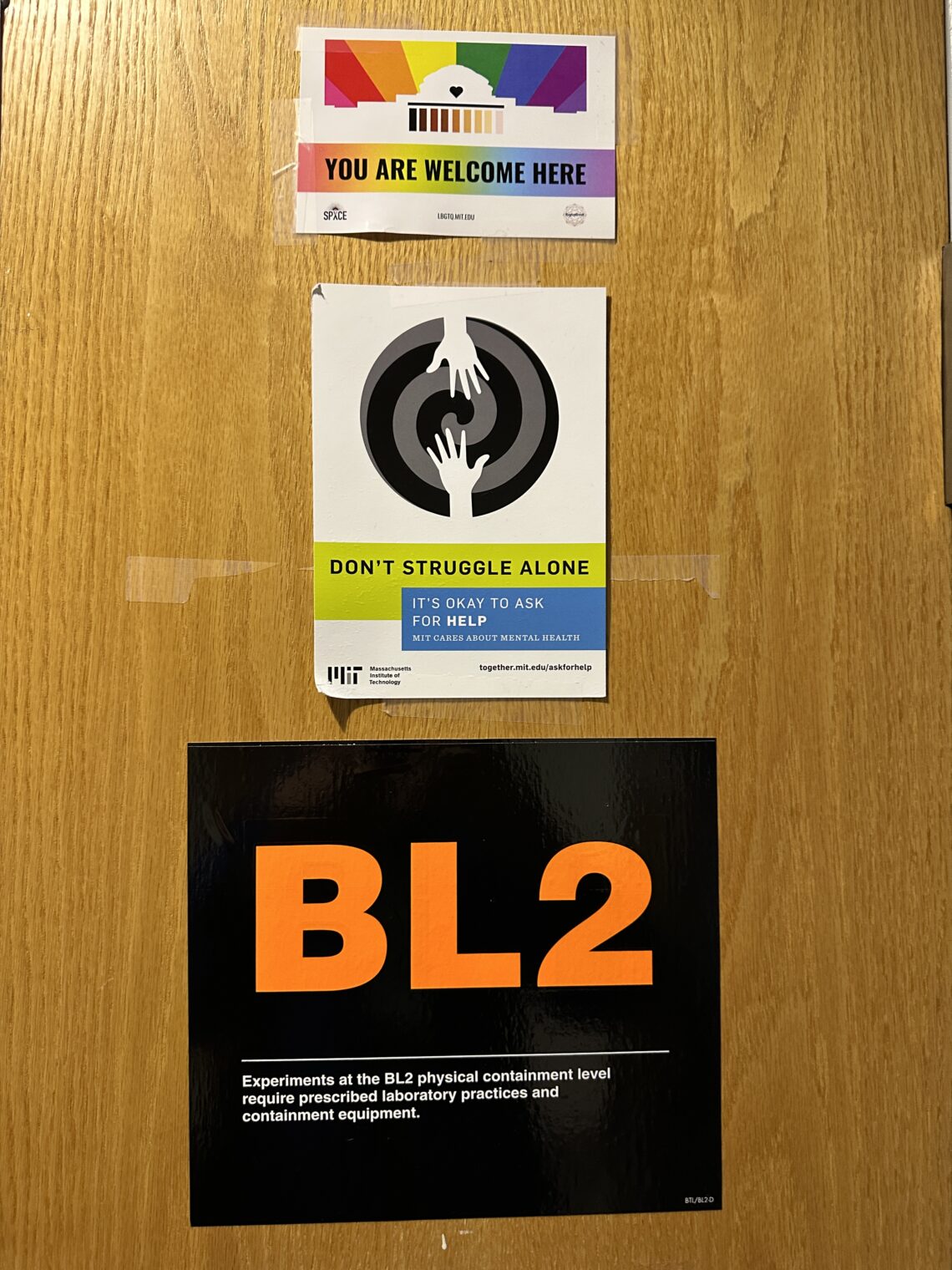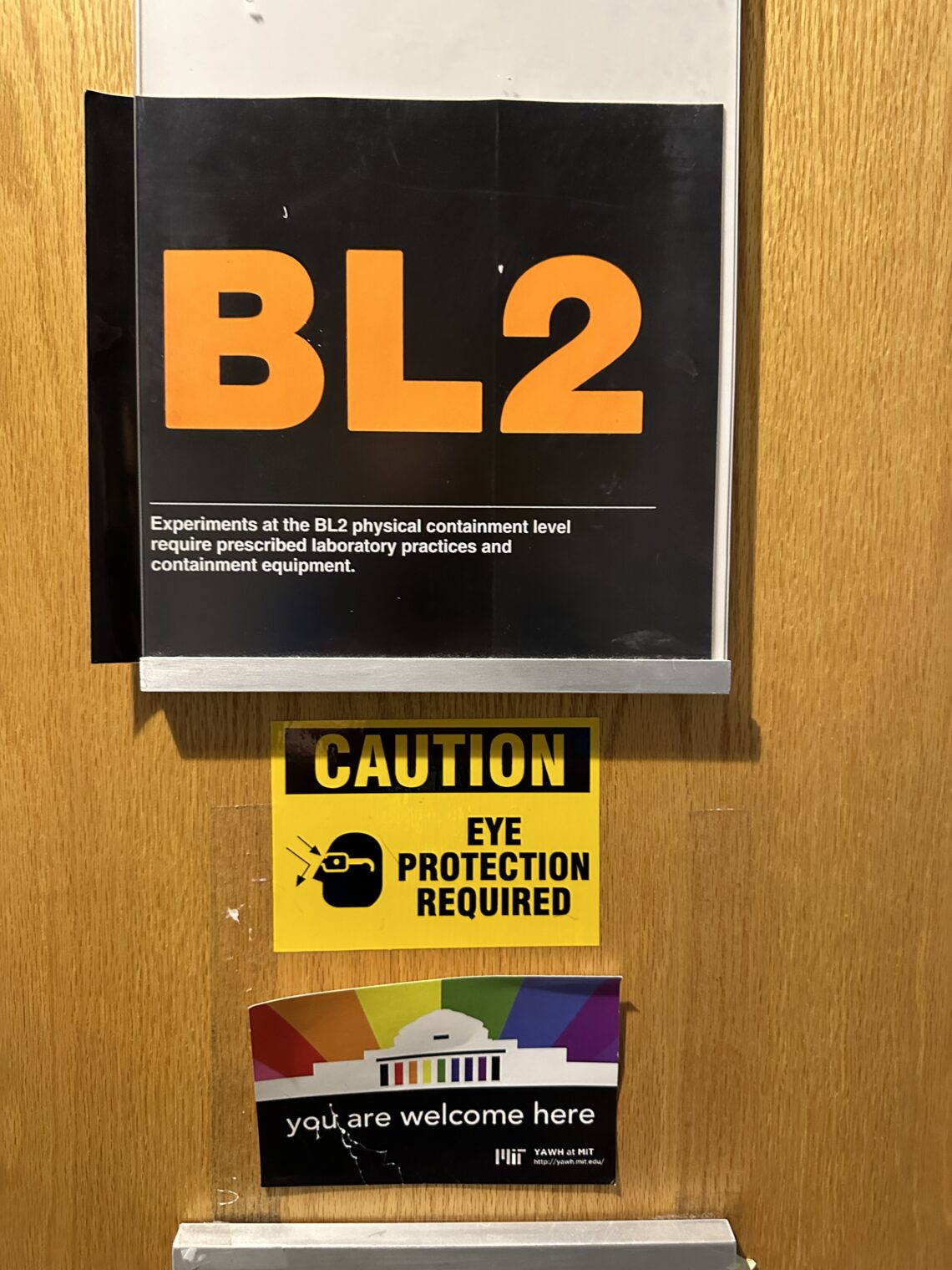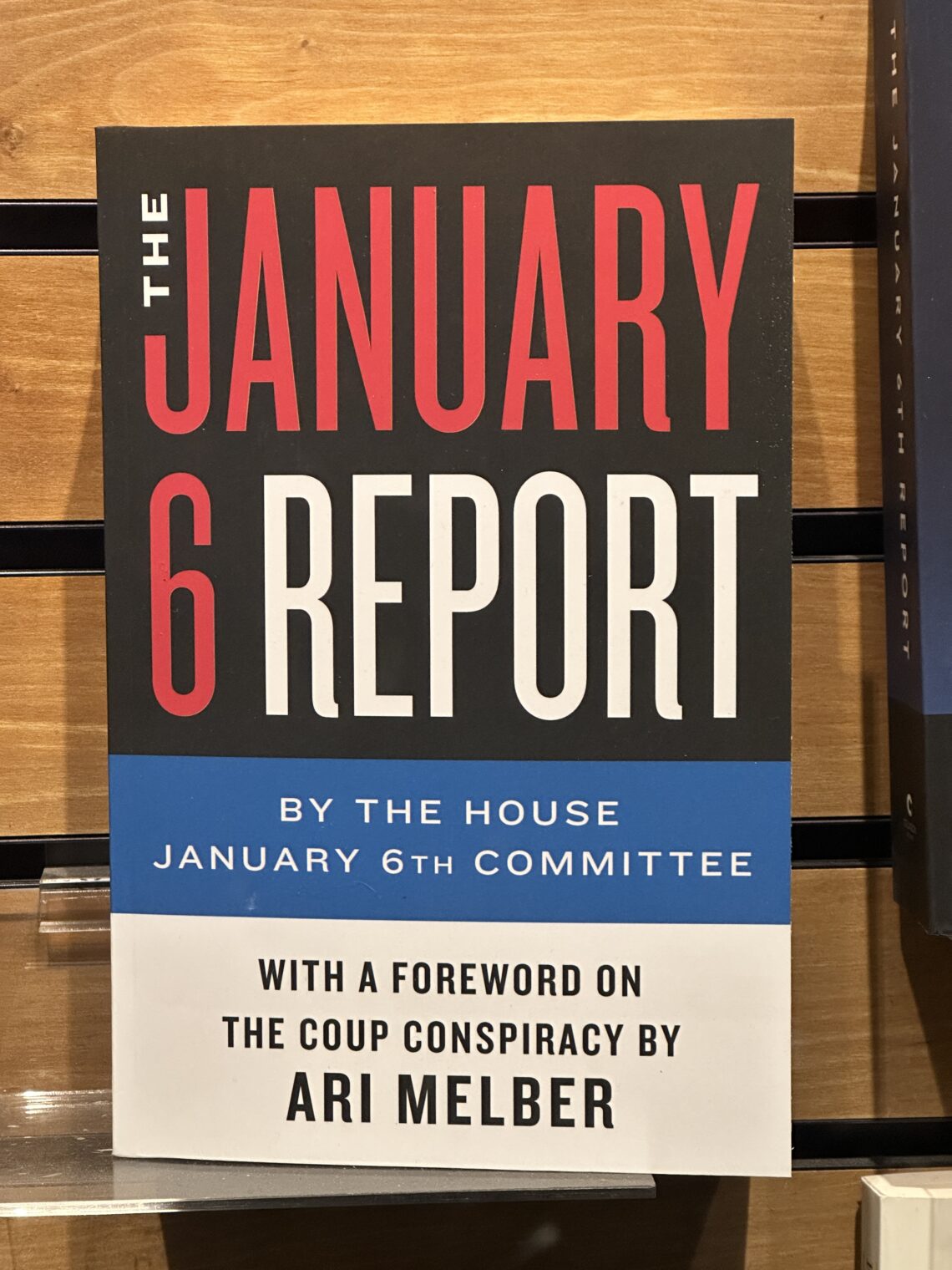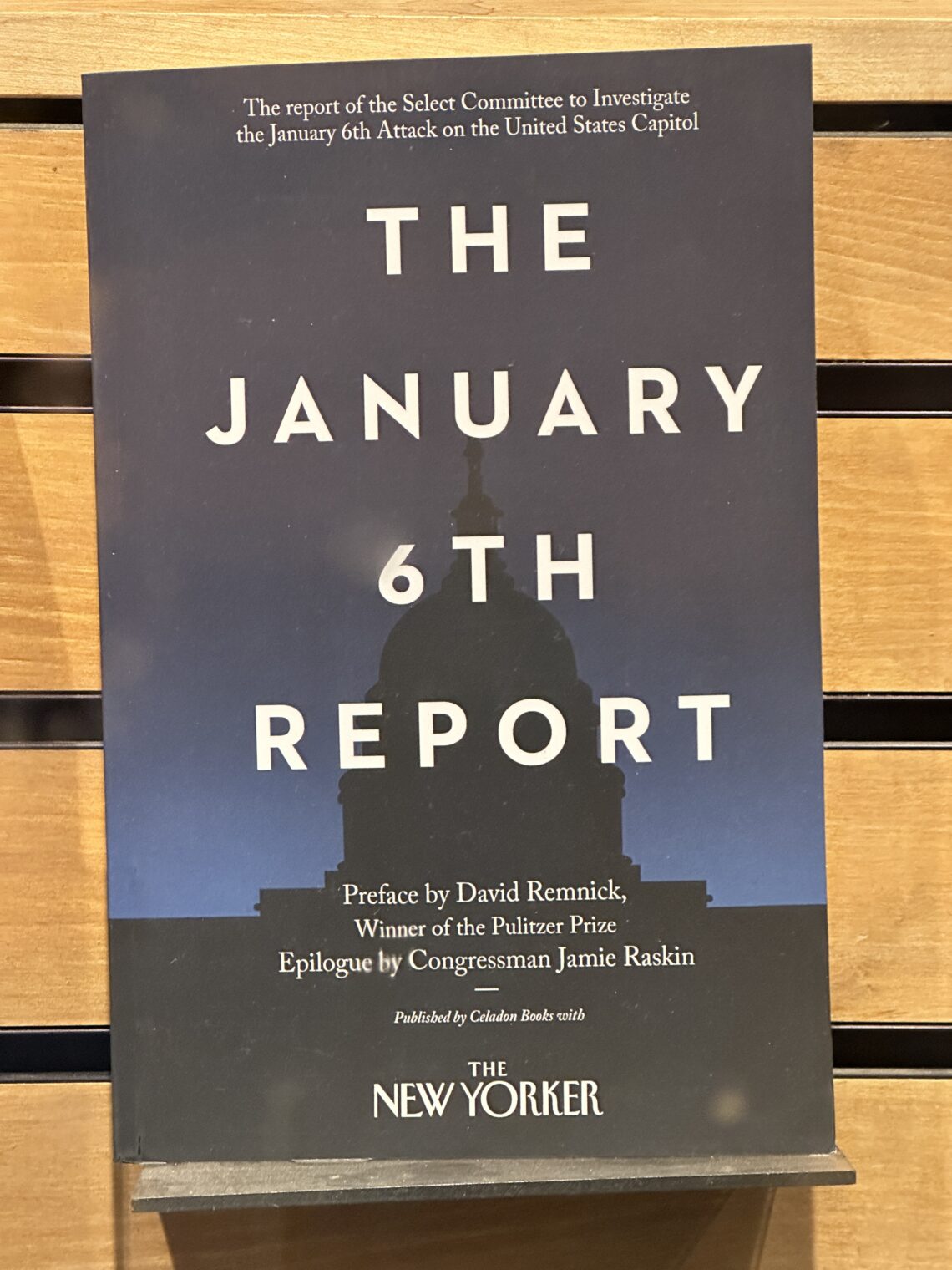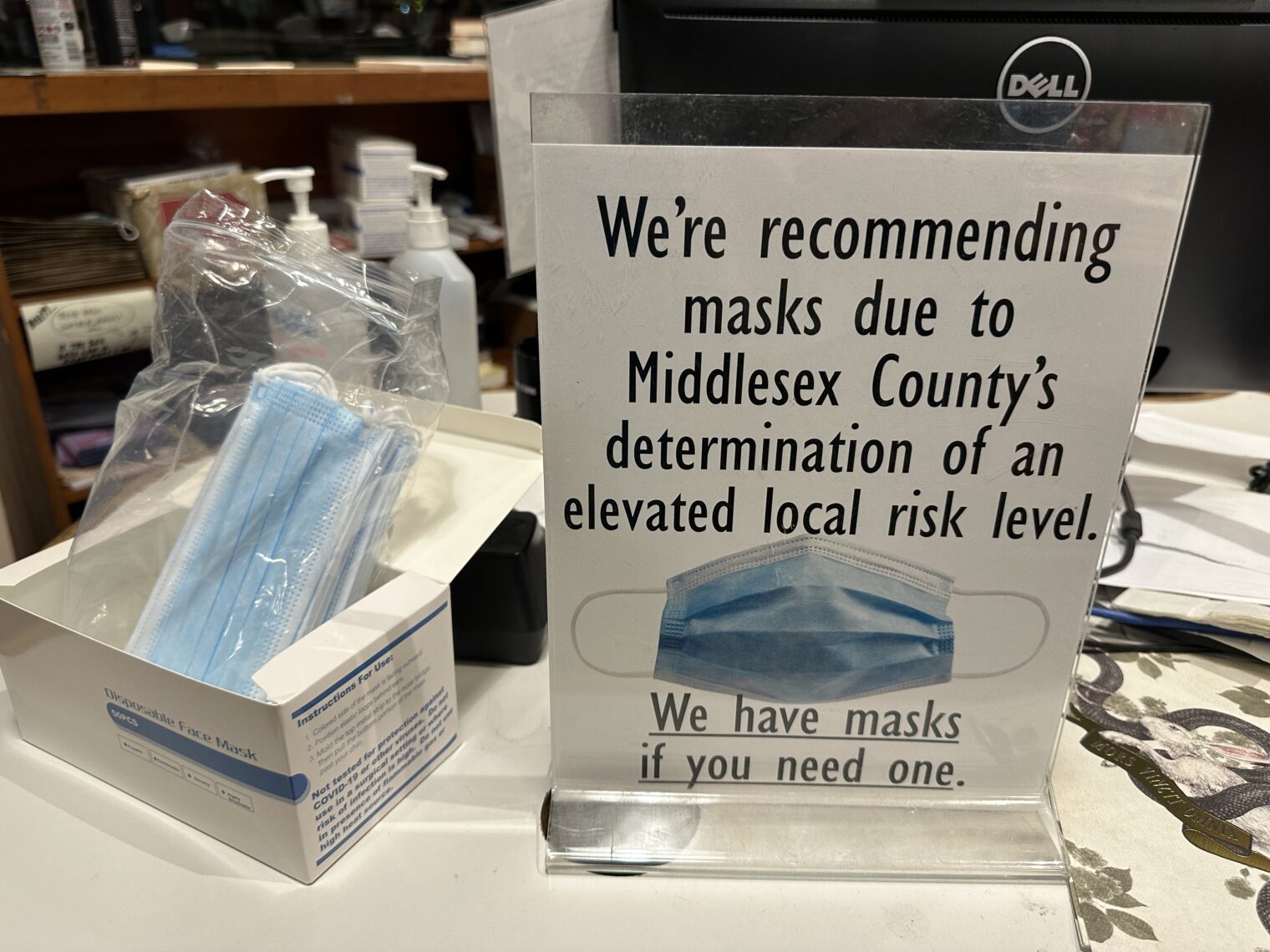A Maskachusetts Immigration Success Story
A story from our former suburb of Boston… (not quoting it because it would be tough to read in italics)
Sally is the mother of four kids – lives in Chelsea.
She is beautiful and speaks well but cannot read and has a 2nd grade education.
Her husband, small gentleman with a major speech issues, hit her over the head with a hammer when her boyfriend came over to the house. The father went to jail.
There was a lot of stress in the house. Both parents during the pandemic lost one of two jobs. The father was experiencing major mental health issues. The kids were “learning at home” The kids at the time where 3, 8, 10 and 11…..learning? How? Both parents were working their one job and desperately trying to find a second job.
The father worked for 18 years at Bed Bath and Beyond making $15.50 an hour. The mother continues to work at Whole Foods making $17 an hour.
Because the father is in jail the mother is responsible for all the bills which she cannot handle. Feb 1 she was evicted and went to stay in a hotel because all shelters were filled. She and the kids will stay there until housing becomes available- maybe 2 years? There is nowhere to cook or do laundry.
The father is in jail and has been for three years without bail or a trial.
Just another day at work.
What is [South Sudanese Enrichment for Families]’s response?
We are writing letters to the fathers’ public defender to try to get him a trial and bail in March. We have facilitated the father instead of the Nashua Street Jail to be at the Recovery Center in Worcester. He gets therapy and tutoring.
A volunteer is working with the mother to try to have some stability in their life. Many Sudanese are helping getting the kids to school etc.
We have another woman with two kids going into a shelter in March and we have one child taken away from her mother. Very very sad. Two Sudanese families are going to take the child in.
….
We have 8 families that are in our Financial Fitness Program where we assess where they are financially and what they need to do to meet their financial goals. There is a waiting list.
We are getting there ……all with your help. Thank you…the need is huge.
(Although my heart is warmed by the above, I’m confused by the story. The mom of 4 had a boyfriend (perfect adaption of a migrant to the American lifestyle, despite having only a 2nd grade education!) and the father went to jail. But also the story implies that the father was at home during the coronapanic lockdowns in Maskachusetts. Yet he has been “in jail” for three years and the lockdown began three years ago. Maybe the boyfriend is the new “father” who has the Bed Bath & Beyond job and was at home during the lockdowns and pretend-learn-from-home-scheme? Also, why do the nonprofit say-gooders (maybe even do-gooders?) want to get the hammer-wielding father out of jail? So that he can attack the mom with a hammer again? So that he can copy the undocumented immigrant David DePape and attack Paul Pelosi? Isn’t jail the safest place for anyone who cannot be trusted with a hammer?)
Full post, including comments










